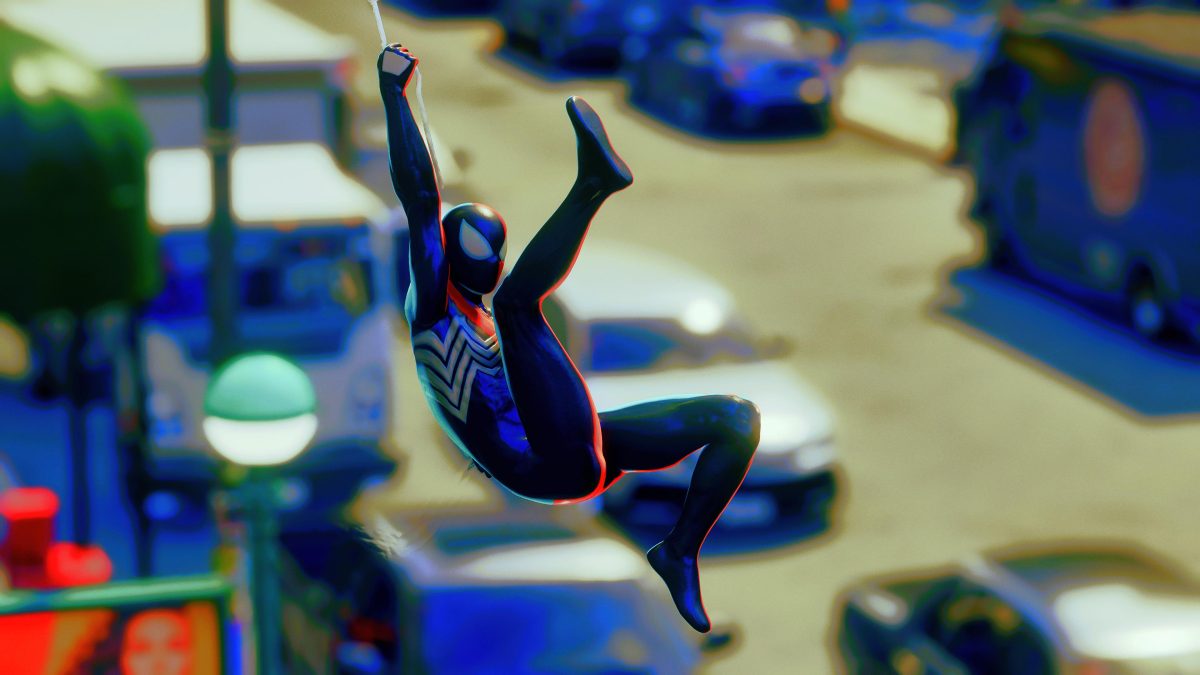By PJ Carmichael
I am sitting in Ellis White lecture hall, watching Karl Baden inquire about his microphone. He has glasses, a flannel shirt, dark jeans, and athletic sneakers. He is conversing with Peter Laytin, photography professor at Fitchburg State. I am the only student sitting in the front row.

A large projector displays a single phrase: The Self and the Street? A brief introduction follows. I garner the following information:
Karl Baden is a conceptual photographer. He is a Boston College faculty member. He has been banned from Facebook. He has taken a photograph of his face every day from Feb. 23, 1987, to Nov. 18, 2012. His photographs have been exhibited at the Museum of Modern Art in NYC; Museum of Fine Arts, Boston; the Museum of Fine Arts, Houston; and Musée Batut, France, among others. The total number of photographs is 9,502.
Thoroughly fascinated, I listen intently to Baden as he explains the question mark at the end of the title; after brief notice that he would be lecturing at Fitchburg State, he “had to make up a title” on the spot. Moving on to explain his photographic origins, he mentions that he began taking pictures in 1971, in an effort to impress a girl. The first photograph he took was of himself and a friend hitchhiking to Idaho to see Evil Knievel. He never made it to Idaho and returned home halfway through.

He proceeds to show this photograph, along with many others. Explaining the transformation of his subjects, style, and conceptualization, he presents his photography, which intrigues and captivates me. I witness a variety of subjects and concepts, and several of the photographs stand out to me specifically. A dog’s head positioned conveniently in front of a man’s head gives quite an amusing illusion. A black and white photo of a dead cow, with a Jeep speeding in the background, relays a serious sense of mortality. The rear side of a bald man’s head standing out against a background of fireworks conveys a voyeuristic sense of American culture.
Baden tells the story of stylistic evolution, showing photographs that span from the 1970’s to the present day. He photographically documented many events and experiences in his life, including his wife’s pregnancy, and in 2000, showcased them at Light Work Visual Studios in a 26-year “retrospective exhibition.” A witty and clever catalogue entitled How Did I… Get Here? accompanied the exhibition.
Among other projects, Baden has explored the relationship between significant photographs and the “imitation, influence, and coincidence” of them when used as the cover of literary books (fiction, non-fiction, poetry). The collection of books that use well-known and important photographs as the cover art or cover illustration are all listed and stored on the website CoveringPhotography.com.
Karl’s interest in the history of photography, especially its connection with popular culture and book cover imagery, is what spurred this effort. He describes to the audience his fascination with the photographs as a “visual metaphor for the content of the book.”

His most recent exhibition was Roadside Attractions. In some photographs, Baden has taken pictures from inside his car, looking out. In other photos, he shoots pictures from a viewpoint at the side of the road.
What I admire most about Baden’s work is that it reflects how he has managed to turn terrible circumstances into moving art, specifically in his piece One Long Year. He concludes the lecture with this slideshow, which I found to be his most touching work of art. On the screen is a slideshow of Baden’s self-portraits, with each photo dissolving into the next one.
The featured self-portraits were taken every day for a year, during the period in which Baden battled prostate cancer and underwent both chemotherapy and surgery. The slideshow is accompanied by raw audio of Baden’s phone calls to his doctor and conversations with his wife and daughter, both before and after his surgery. This piece of art truly displays the anxiety, nervousness, fear, and life-changing impact of cancer.
Karl Baden is an exceptional photographer whose life has been justly chronicled and artistically documented. If I were to describe his work in one word, it would be powerful. His photography fulfills the artistic goals of self-expression, aesthetic appeal, and thought-provoking content.
Baden’s project Every Day can be found online at www.kbeveryday.blogspot.com.
Photos from presentation by Jared Lakin
Categories:
Acclaimed photographer inspires at Fitchburg State
March 9, 2013
0






